
The Best iPhone 15 Cases
This year all four of Apple's iPhone models have USB-C charging ports and slightly different
2023-09-23 04:15

The brightest explosion ever seen in the universe has finally been explained
It’s the brightest explosion ever seen in the universe, but until now it’s been a mystery that couldn't be explained. Telescopes observed an enormous blast in October which was regarded as the biggest of all time. It was identified as a gamma-ray burst, named GRB 221009A, which came as a result of a massive star collapsing into a black hole. At the time it was a mystery as to why the explosion shone so brightly. Now, further research published in the journal Science Advances has uncovered the reason it was so bright is due to the fact it was facing directly at us and also pulled stellar material along with it. Sign up to our free Indy100 weekly newsletter Hendrik Van Earthen from the University of Bath said: “The slow fade of the afterglow is not characteristic of a narrow jet of gas, and knowing this made us suspect there was an additional reason for the intensity of the explosion, and our mathematical models have borne this out. “Our work clearly shows that the GRB had a unique structure, with observations gradually revealing a narrow jet embedded within a wider gas outflow where an isolated jet would normally be expected.” The research into GRB 221009A has the potential to further the study of huge gamma-ray bursts, which can produce as much energy as the Sun will in its entire lifetime in the space of just a few seconds. “GRB 221009A represents a massive step forward in our understanding of gamma-ray bursts, and demonstrates that the most extreme explosions do not obey the standard physics assumed for garden variety gamma-ray bursts,” Brendan O’Connor, GW graduate student and lead study author, said. “GRB 221009A might be the equivalent Rosetta stone of long GRBs, forcing us to revise our standard theories of how relativistic outflows are formed in collapsing massive stars.” Have your say in our news democracy. Click the upvote icon at the top of the page to help raise this article through the indy100 rankings.
2023-06-08 18:24

Apple's iPhone 15 Might Be More Expensive Than Its Predecessors
We’re just weeks away from an expected iPhone 15 launch, and the rumor mill is
2023-07-31 06:17

OpenAI’s Q-Star Breakthrough – the Theories and Why Elon Musk Isn’t Worried
Speculation OpenAI has achieved a significant breakthrough in artificial intelligence might have been overblown - at least if you listen to Elon Musk.
2023-11-27 20:50
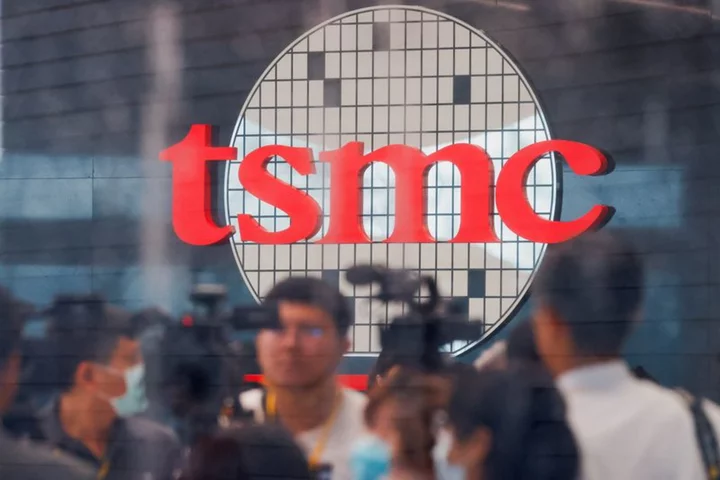
TSMC shares fall after reports of China iPhone curbs
TAIPEI Shares in Taiwan's TSMC, a major Apple supplier, dropped around 1% on opening on Friday after reports
2023-09-08 09:28

The Best 3D Printers for 2023
Barely more than a decade ago, 3D printers were hulking, expensive machines reserved for factory
2023-05-20 23:27

Is xQc a Nazi supporter? Kick streamer draws swastika during live stream, Internet says he 'knows how to get banned'
xQc unintentionally drew a symbol resembling a swastika while playing with his viewers in Microsoft Paint
2023-07-03 18:16

These Stocks Are Moving the Most Today: Pioneer Natural, Exxon, Tesla, Rivian, Levi Strauss, and More
A report says Exxon Mobil is close to acquiring Pioneer Natural Resources in a deal that could be worth about $60 billion, Tesla is cutting prices of its Model 3 and Model Y vehicles in the U.S., and Rivian rises modestly after a record share slump.
2023-10-06 16:57

VertiGIS presents: VertiGIS Networks
LONDON--(BUSINESS WIRE)--Sep 14, 2023--
2023-09-14 15:29

Avatar: Frontiers of Pandora, Star Wars Outlaws Receive the Ubisoft Open-World Treatment
Ubisoft typically showcases an admirably varied slate at its E3 (or E3-adjacent) summer gaming showcases,
2023-06-13 05:56
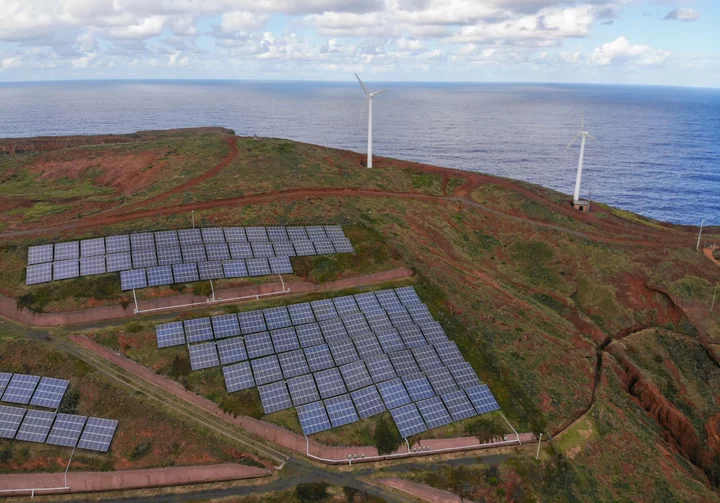
EU Lawmakers Ease Concerns on Electricity Market Intervention
European Union lawmakers allayed market concerns over a possible revenue cap on renewable power producers, an emergency measure
2023-07-19 17:54

Analysis-War with Hamas threatens funding recovery in Israel's vital tech industry
By Steven Scheer JERUSALEM The spiralling conflict with the Palestinians is set to derail a fragile recovery in
2023-10-10 23:45
You Might Like...
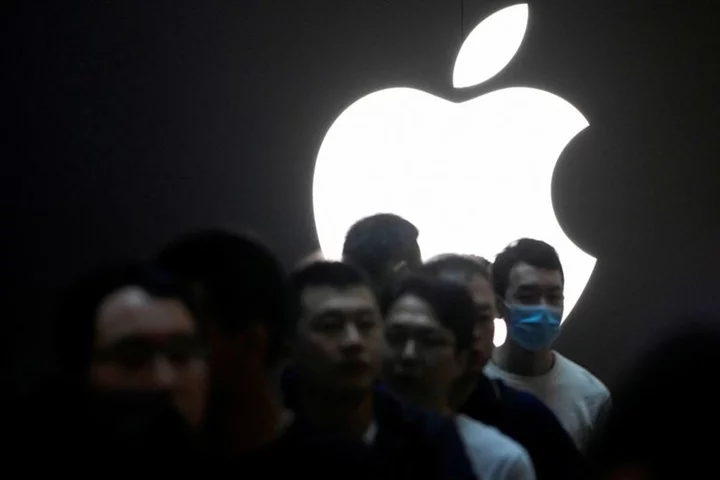
Apple enforces new check on apps in China as Beijing tightens oversight
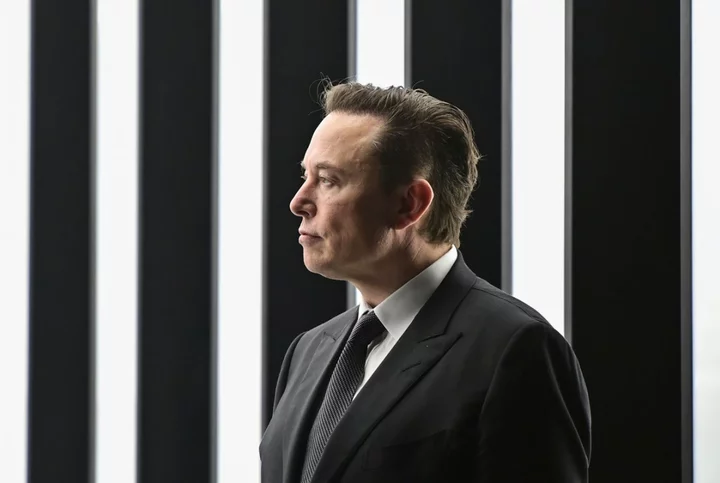
X/Twitter removes key information about links because Elon Musk thinks it looks better

Geothermal breakthrough uses oil drilling tech to tap renewable energy

Saint-Gobain Installs Smart Water Submetering System and Upgrades Equipment at Its Jackson, Michigan Siding Facility, Saving More Than 9 Million Gallons of Water Per Year

Venkatesh Jayaraman joins ModMed as Chief Technology Officer

What did PewDiePie say about Colleen Ballinger's apology video? Former YouTube king reacts to allegations against controversial comedian
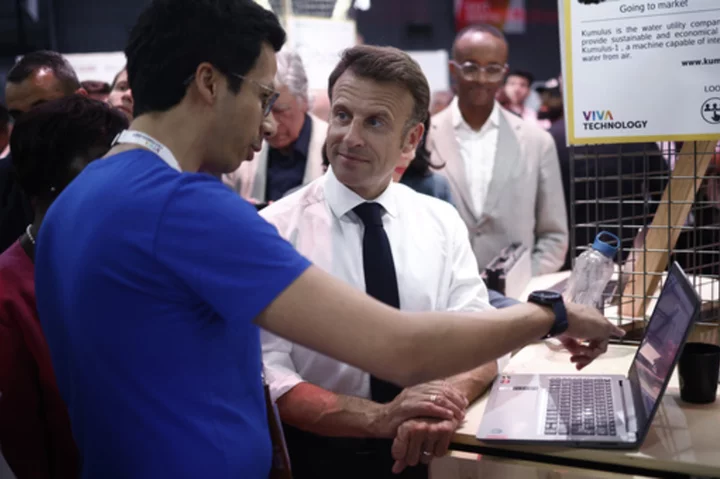
France's Macron wants to boost AI, calls for rules that don't impede tech growth
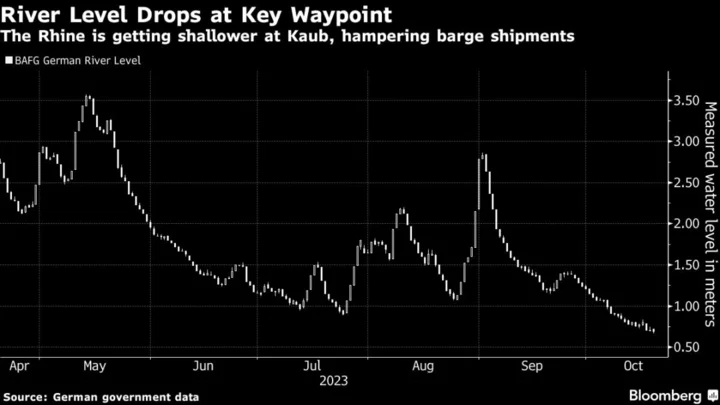
The River Rhine Gets Shallow Again in Fresh Climate Blow
